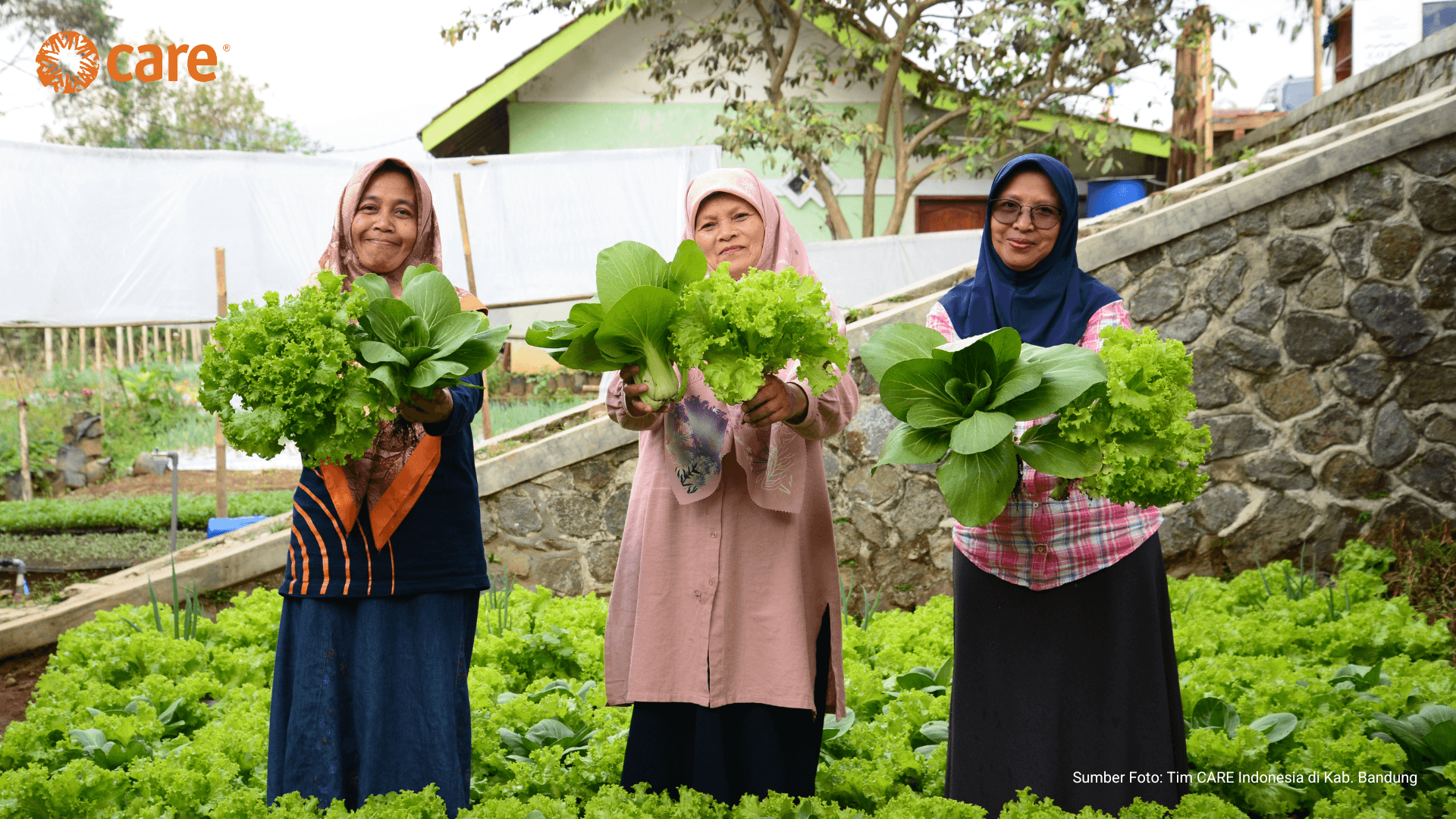A soft drizzle fell over the highlands of Pangalengan that afternoon, wrapping the hills in a gentle chill that lingered in the air. Amid the soft rain and lingering mist, a modest home became the setting for a warm, meaningful conversation. It was here that Wiwi Dewi, a 43-year-old woman known lovingly as Wiwi, opened up about her personal journey toward finding the courage she once thought she didn’t have.
“Maybe it became a habit. As a wife, I used to stay silent, even when I didn’t agree with my husband’s behavior. I was afraid to speak up or share my thoughts with him. I cried a lot, and our house felt empty,” she recalled with a deep sigh.
Wiwi is both a wife and a working mother. For more than a decade, she has worked as a tea picker at a plantation owned by PT Perkebunan Nusantara (PTPN) I Regional II in Pangalengan, Bandung District. Balancing the roles of wife, mother, and worker, Wiwi used to believe it was better to stay quiet to avoid conflict, even when she felt uncomfortable in her marriage. But things started to shift after she joined trainings under the Community Development Forum (CDF) program, facilitated by CARE Indonesia with partners.
“What struck me the most was the training on gender equality and communication. That was when I first realized that women have a voice and we deserve to be treated equally, especially by our partner,” she said.

Before joining CDF and receiving any training, Wiwi always stayed quiet facing her family issues. Fear silenced her courage. “I was afraid of saying the wrong thing, afraid of getting scolded. Even when my husband was at fault, I didn’t dare to call him out. But after being part of the CDF program for almost two years, I learned how important communication is. I also learned that husbands and wives should share responsibilities at home. That’s when I slowly began speaking up to my husband,” she explained.
With a gentle smile, Wiwi shared how her husband didn’t change overnight. The first time she tried to speak more openly, her husband, Saefullah, responded with silence and a frown. “At first, he didn’t say anything when I tried to explain. But over time, he started to listen. Now, he even helps with house chores like doing the laundry, cooking, and cleaning up,” she happily shared.
In a separate conversation, Saefullah firmly nodded in agreement about sharing household duties. “If I don’t help, I feel bad watching my wife do everything alone. So, I have to help because the burden should be shared,” he explained. For him, contributing to domestic work wasn’t something he did because he was told to, but because he realized, after his wife openly communicated with him, that housework isn’t just a woman’s responsibility, but it’s theirs to share.
Saefullah also fully support on Wiwi’s involvement in CDF activities. He believes the program has had a positive impact on her personal growth and their family life. “I’m proud, my wife is getting smarter. When she has schedule to join CDF activities, I take her there and pick her up. I would also cook when she’s not home and unable to cook for us. Now I also help her pick tea leaves in the field so her workload is lighter, and we earn more,” he said proudly.
The transformation didn’t just affect the couple but also their children. Their son, a junior high school student, has started contributing in house chores by washing his own clothes. Their eldest daughter, who is now married, has also been encouraged to discuss issues with her husband and resolve conflicts through communication, not silence.
The changes in Wiwi’s household prove that understanding in gender equality can reshape the dynamics of family life. Not to reverse roles or divide, but to build balance, fairness, and mutual respect.
As the conversation ended, Wiwi confidently expressed her belief that women can change and become the bigger heart of the household if given the rights and opportunities to learn. “I don’t regret joining CDF, even though it’s tiring after work. Because there, I get to learn. I used to just come home and take care of the house. Now, I have a voice,” she concluded, smiling.
Written by: Kukuh Akhfad
Edited by: Swiny Adestika





